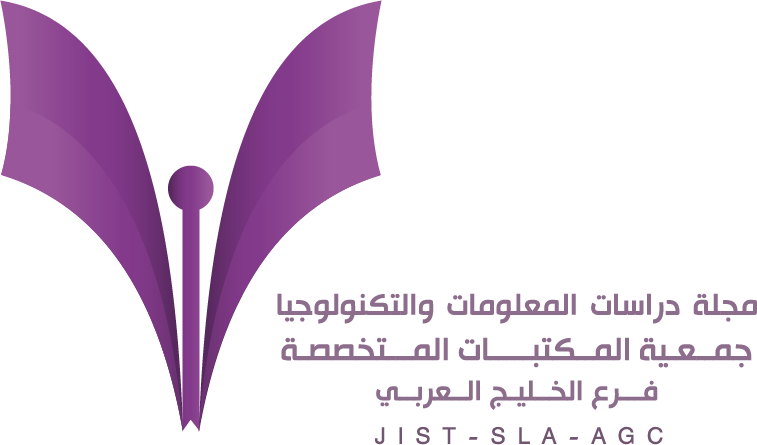-
oa تطبيقات وتحديات الذكاء الاصطناعي في السياحة والضيافة الدينية: مراجعة منهجية
- Source: Journal of Information Studies & Technology (JIS&T), Volume 2024, Issue 1, Mar 2024, 4
-
- 27 October 2023
- 12 November 2023
- 31 March 2024
Abstract
الملخص
تهدف هذه الدراسة إلى التعرُّف على تطبيقات الذكاء الاصطناعي في السياحة الدينية، ومعرفة التحديات والحلول المقترَحة التي تواجه الذكاء الاصطناعي في السياحة الدينية، من خلال إجراء مراجعة منهجية لدراسات المتعلقة بموضوع الدراسة، وتجميعها وتحليلها. وقد جمعت هذه الدراسة الدراسات المنشورة في قاعدة بيانات كلٍّ من Google Scholar, Science Direct, IEEE خلال الفترة 2021-2023. ووفقاً لمعايير الشمول والاستبعاد المتبعة في هذه الدراسة، تم تحليل ثماني دراسات في مجال الدراسة. وأظهرت نتائج الدراسة بأن تطبيق الواقع الافتراضي هو الأكثر تكراراً واستخداماً في قطاع السياحة الدينية بنسبة 14.3%، يأتي على التوالي: روبوتات الدردشة Chatbots، والواقع المعزز، ونماذج التنبؤ بالمحاكاة والروبوتات الآلية بنسبة 10.3% بتكرار متساوٍ فيما بينها، وحصلت تطبيقات: مراقبة الحشود، وتقييم المخاطر، وأنظمة وقوف السيارات الذكي، وتحليل المشاعر، وتطبيقات الهاتف الذكية على 7.1% لكلٍّ منها، أما: الحوسبة المكانية، والمساعد الشخصي الذكي، وأجهزة الاستشعار والتعلم الآلي، والسوار الذكي، فقد حصلت على نسبة 3.6% لكلٍّ منها. كما توصلت الدراسة إلى أن الأمن والخصوصية من أهم التحديات التي تواجه الذكاء الاصطناعي في السياحة الدينية. وتمثلت توصيات الدراسة في ضرورة توفير إدارة للمخاطر، وإيجاد حلول صارمة من أجل الحفاظ على الأمن والخصوصية. ويمكن أن يفيد هذا البحث في مزيدٍ من البحوث المتخصصة والمستهدفة للسياحة الدينية والمتعلقة بتكنولوجيا المعلومات والاتصالات.
This study aimed to identify applications of artificial intelligence (AI) in religious tourism, determine the challenges involved, and propose their corresponding potential solutions by conducting a systematic review. Published studies on the subject were collected from Google Scholar, Science Direct, and IEEE databases spanning 2021–2023. Meeting the inclusion and exclusion criteria, eight studies were selected.
The study revealed that Virtual reality application —which is the most common application of artificial intelligence used in religious tourism—scored 14.3%, Then comes in succession: chatbots, augmented reality, simulation-prediction models, and automated robots scored 10.3% frequently, while crowd control, risk assessment, smart parking systems, sentiment analysis, and smartphone applications scored 7.1% each. Spatial computing, smart personal assistants, sensors, machine learning, and the Hajj smart bracelet scored 3.6% each. Furthermore, the study showed that security and privacy issues are the greatest challenges associated with AI applications in religious tourism. The study recommended the need for risk management and the development of rigorous solutions to ensure security and privacy. This research could serve as a useful foundation for more specialized research targeting religious tourism, particularly studies related to information and communication technology.


